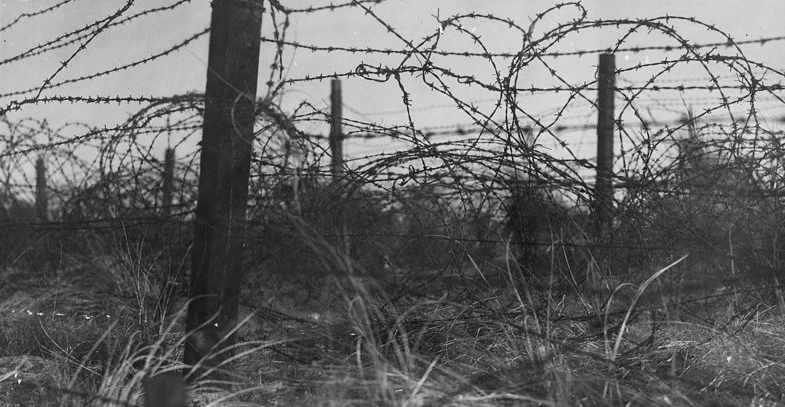How do relations affect the behaviour of those agents entangled in them? With the metaphor of modern Western dating practices in mind, the early days of relationships are marked by drinks, cosy dinners and outdoor journeys. As the relationship progresses, the existence of one person becomes articulated around its entanglement to the existence of the other. All of a sudden, individuals see less of their friends, family, and colleagues. Why these spontaneous changes in the everydayness of these beings? Our response to this question is that relations compromise the agency of those beings in the relation.

Beyond the dating metaphor, our article seeks to question how actors in peacebuilding settings see their purposeful agency compromised. We analyse this phenomenon in the context of growing complexity stemming from the countless entanglements between actors. In turn, this argument questions the suitability of goal-oriented peace agendas designed to be achieved by autonomous actors, such as the UN, through linear and purposeful strategies.
The inspiration behind this paper lays in field observations developed on UN peacebuilding performance in Sierra Leone as well as on conversations with UN (and non-UN) peacebuilding policy experts engaged in the conflict-affected cases of Burundi and the Central African Republic. In addition, reflections on the paper are also informed by further interviews with peacebuilding officers from the New York-based UN headquarters. All these experiences in the domain of peacebuilding, and more specifically on how the UN copes with it, enabled us to explore broader issues related to complexity, relationality and agency that are object of study in our article.
“UN inter-agency intra-coordination in the peacebuilding domain remains a ‘nightmare’ “
In brief, we realised how the growing number of diverse actors, agencies and stakeholders entangled in countless relationships in the above-mentioned post-conflict scenarios saw their agential condition eroded and limited by spontaneous, unpredictable and disoriented interactions. As the head of a Freetown-based peacebuilding-oriented NGO revealed: ‘we have so many civil society organizations, so the UN is so confused who to deal with…. Civil society is fragmented; we do not have that unified body through which we could channel national issues such as peacebuilding, governance, health, etc. So the UN don’t know who to target’. Put more blatantly, as a former Bangui-based officer from the MINUSCA (United Nations Multidimensional Integrated Stabilization Mission in the Central African Republic) expressed in conversation, UN inter-agency intra-coordination in the peacebuilding domain remains a ‘nightmare’.
As a result of this, rather than autonomous and purposeful agents, peacebuilding actors like the UN seem captured by messy and entangled practices of undetermined transformation, reinvention and adaptation, much like the throes of an early relationship unconsciously and unwittingly transitioning towards loving entangled dependency. Agency is thus non-static. In turn, actors’ strategic goals are constantly trumped by these uncertain relations in this increasingly complex milieu, to the point of making these goals ever evolving, vague and even unreachable. Ultimately, we suggest that the relational nature of peacebuilding actors, which does not leave room for linear, progressive and teleological narratives, opens up the possibility for alternative practices sensitive with the fact that the unpredictability of developments in social reality surpasses the autonomous purposeful aspirations of its protagonists.
Read the full article here.